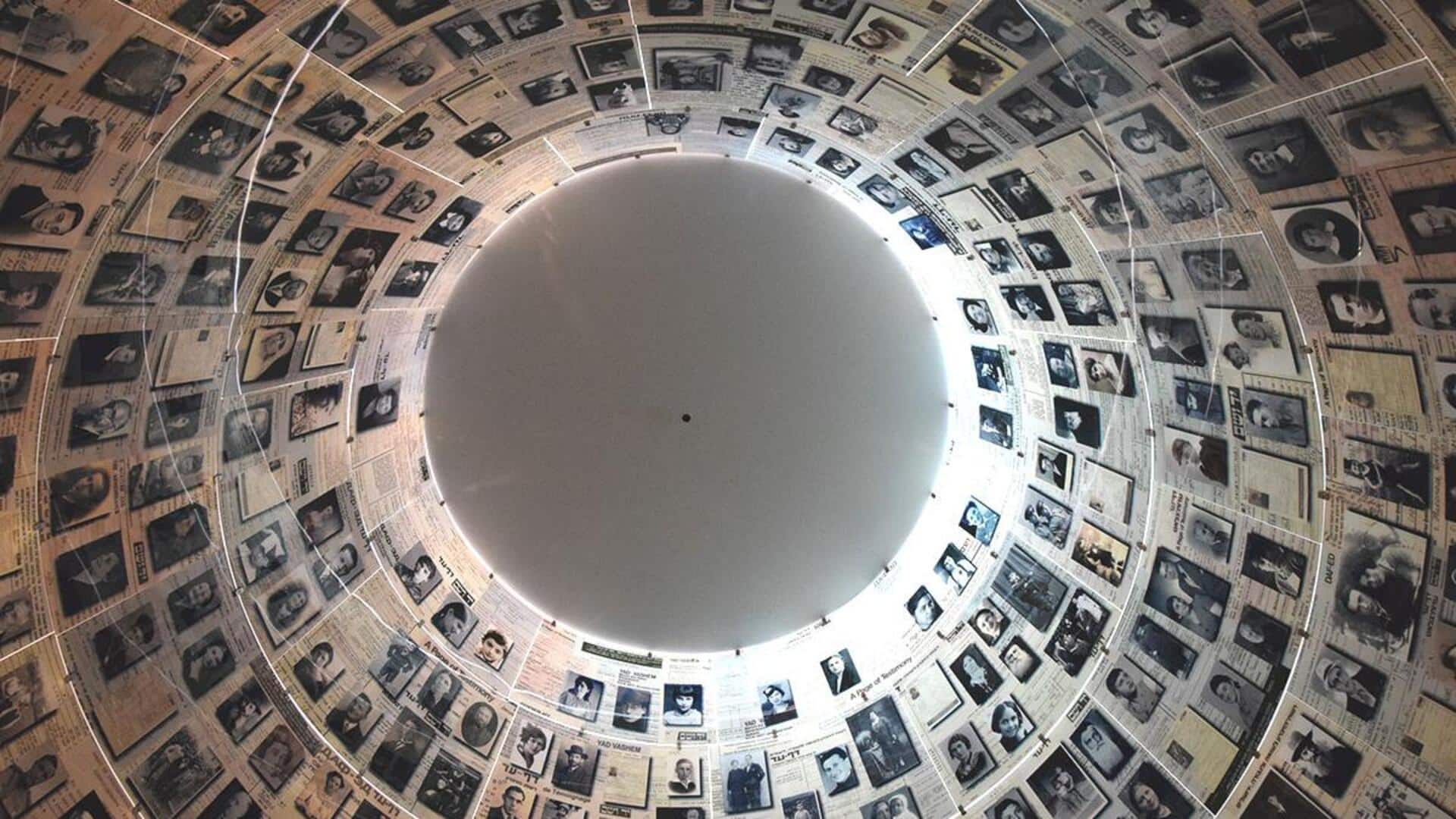
AI aids in uncovering details of 'missing' Holocaust victims
What's the story
Israeli researchers are utilizing artificial intelligence (AI) to trace hundreds of thousands of Jewish individuals, still unaccounted for in official Holocaust memorials, nearly 80 years after their demise. The Yad Vashem World Holocaust Remembrance Centre in Jerusalem has developed an AI-driven software to expedite the process. This innovative approach builds upon the diligent work of volunteers who have gathered data on 4.9 million individuals, from various sources over the years.
Technological advancement
A leap forward in Holocaust research
The AI-driven software is a significant leap forward in uncovering details about known and unknown victims. Esther Fuxbrumer, head of software development at the Centre, emphasized the enormity of this task, highlighting that manually sorting through such extensive data is an overwhelming challenge for any individual. "The Nazis just took people, shot them, and covered them in a pit. And there was no one left to tell about them," she said.
Process
How does the software work?
Describing the software, Fuxbrumer said, "That technology works very fast. It takes a few hours to go over hundreds of testimonies and it's very exact, the results." "We saw that from each testimony we could get between six or seven names with full details that we could put automatically into our database, and around 10% of the names that we found we had already in our database, but 90% are new names that we didn't know about," she claimed.
Work
Data addition is in full swing
As part of the AI trials, the Israeli researchers have decided to run tests on 400 out of the 30,000 testimonies in their possession. Around 1,500 new names have been added to their records till now, and several more are expected in the coming weeks, when the system runs over all 30,000 testimonies. Diaries will be covered in the next phase.